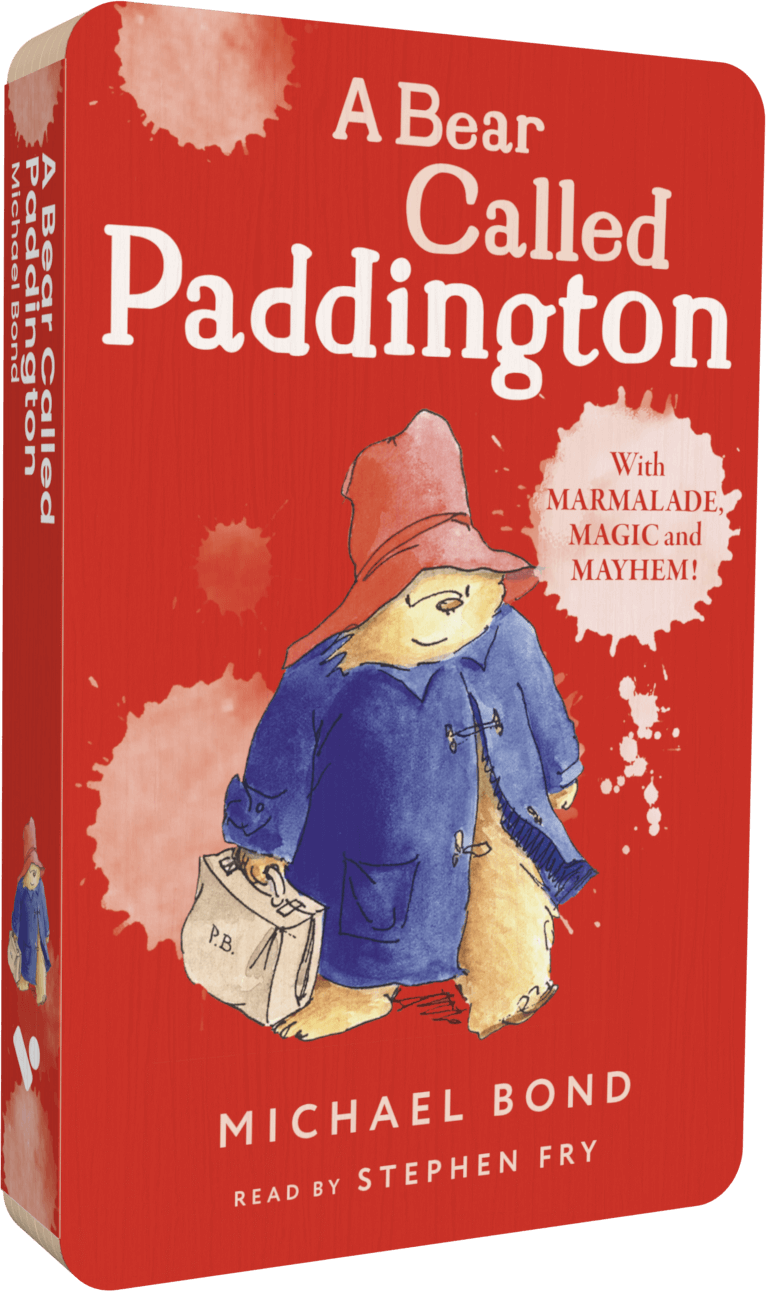Synopsis of Matilda
What is Matilda about?
Matilda by Roald Dahl
Plot Summary
Matilda follows the life of a young girl who, despite being incredibly intelligent and possessing a deep love for reading, is raised by neglectful and abusive parents, Mr. and Mrs. Wormwood. Her father is a dishonest car salesman who cheats his customers, while her mother spends her days playing bingo. Neither appreciate Matilda’s intellect or curiosity, dismissing her as a nuisance rather than recognising her extraordinary abilities. From an early age, Matilda teaches herself to read and devours classic literature, making frequent trips to the library to quench her thirst for knowledge.
When Matilda starts school, she finds a sense of belonging in the classroom of Miss Honey, a kind and gentle teacher who quickly realises Matilda’s remarkable intelligence. However, the school is ruled by the fearsome headmistress, Miss Trunchbull, a tyrant who takes great pleasure in bullying and terrorising both students and staff. As Matilda grows increasingly frustrated with the injustice around her, she discovers that she possesses telekinetic powers—the ability to move objects with her mind.
Using her powers, Matilda hatches a plan to stand up to Miss Trunchbull, ultimately driving the headmistress away and restoring peace to the school. In the process, Matilda also helps Miss Honey recover her rightful inheritance, which had been taken by Miss Trunchbull. The story ends with Matilda finding a new home with Miss Honey, leaving her negligent parents behind and finally receiving the care and love she deserves.
Themes
At its core, Matilda explores the theme of empowerment. Matilda is a young girl who, despite being small and powerless in the eyes of the adults around her, uses her intelligence and bravery to fight back against cruelty and injustice. The novel highlights how knowledge and learning can be powerful tools for overcoming adversity, and it celebrates the strength of those who stand up for what is right.
Another key theme is family. Matilda’s parents are depicted as deeply flawed, selfish individuals who fail to nurture or understand their child. In contrast, Miss Honey becomes a surrogate mother figure, providing the love and care that Matilda's real family fails to offer. The novel suggests that family is not just defined by blood, but by the bonds of love and kindness.
The book also delves into the idea of injustice and rebellion. Miss Trunchbull represents the oppressive forces of tyranny, ruling the school with fear and cruelty. Matilda’s eventual rebellion against her embodies the triumph of good over evil and the importance of standing up against injustice, no matter how powerful the oppressor may seem.
Characters
- Matilda Wormwood: The protagonist, a brilliant young girl with a thirst for knowledge and an unyielding sense of justice. Despite her difficult upbringing, Matilda remains kind-hearted and brave, using her intelligence and telekinetic powers to stand up to wrongdoers.
- Miss Honey: Matilda’s gentle and caring teacher, who recognises her brilliance and becomes her closest ally. Miss Honey is kind but timid, and Matilda helps her find the strength to stand up for herself.
- Miss Trunchbull: The cruel and tyrannical headmistress who terrorises the students and teachers alike. Her sadistic behaviour and obsession with control make her the main antagonist of the story.
- Mr. and Mrs. Wormwood: Matilda’s neglectful parents, who are more concerned with money and television than their daughter’s education. They are portrayed as selfish and ignorant, in stark contrast to Matilda’s love of learning.
Writing Style
Roald Dahl’s writing style in Matilda is characterised by its playful, humorous tone and sharp wit. Dahl creates vivid, exaggerated characters, with Matilda’s parents and Miss Trunchbull bordering on caricatures of selfishness and cruelty. The use of exaggerated villains adds a sense of fun to the story while also underscoring its moral lessons. Dahl’s language is simple yet engaging, making the book accessible to children while also appealing to adult readers with its layers of humour and cleverness.
The narrative often breaks the fourth wall, with the narrator directly addressing the reader, which adds to the book’s conversational and engaging style. Dahl’s ability to balance light-hearted humour with darker themes of neglect and oppression makes Matilda both entertaining and thought-provoking.
History and Legacy
Published in 1988, Matilda quickly became one of Roald Dahl’s most beloved works, resonating with both children and adults. It was one of the last books Dahl wrote before his death in 1990, and it cemented his legacy as one of the greatest children’s authors of the 20th century.
Since its publication, Matilda has been adapted into several successful formats, including a 1996 film directed by Danny DeVito and a highly acclaimed stage musical, Matilda the Musical, which premiered in 2010. The novel continues to be a popular choice for young readers, praised for its empowering message, quirky characters, and timeless appeal.
Its themes of resilience, intelligence, and justice have kept Matilda relevant across generations, making it a story that continues to inspire and delight readers worldwide.
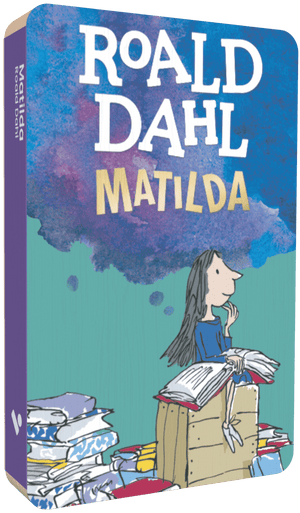
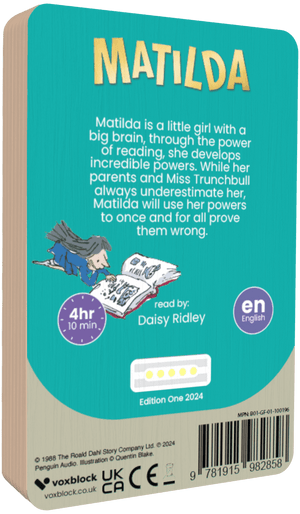
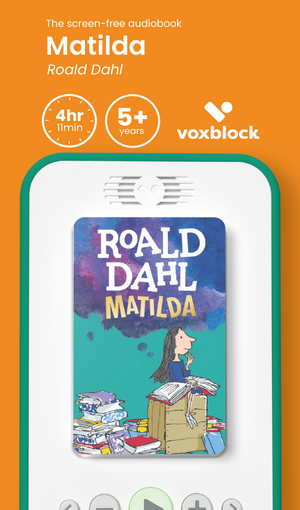
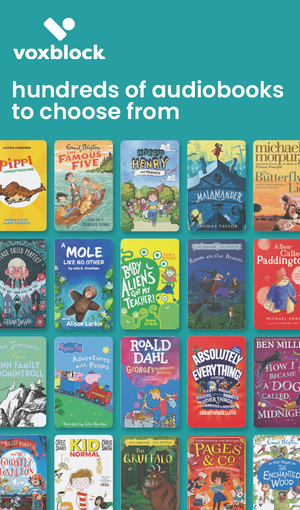
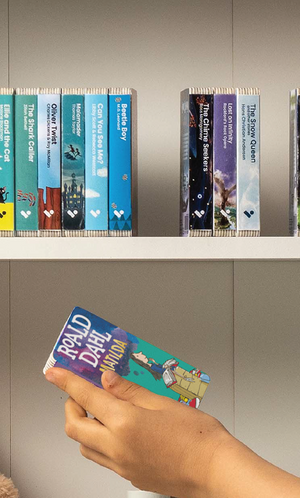
Matilda
Matilda is a very extraordinary young girl, by the time she was five years old she had not only taught herself to read, but she'd read through the entire children's section in the library, much to the amazement of the librarian.
Her narrow minded parents however, don't seem to take notice of Matilda's genius - but it becomes clear that underestimating her is a big mistake!
This modern fairy-tale is one of Roald Dahl's best loved stories, full of mischief and magic, Matilda must use her strength, courage and intelligence against the spiteful adults, and ultimately come out on top.
Free shipping
On all orders over £25 in the UK.
Customer service
Here to help when you need it.
Free audiobooks
Each time you refer a friend to buy a player.
Secure payment
Pay securely online with confidence.


